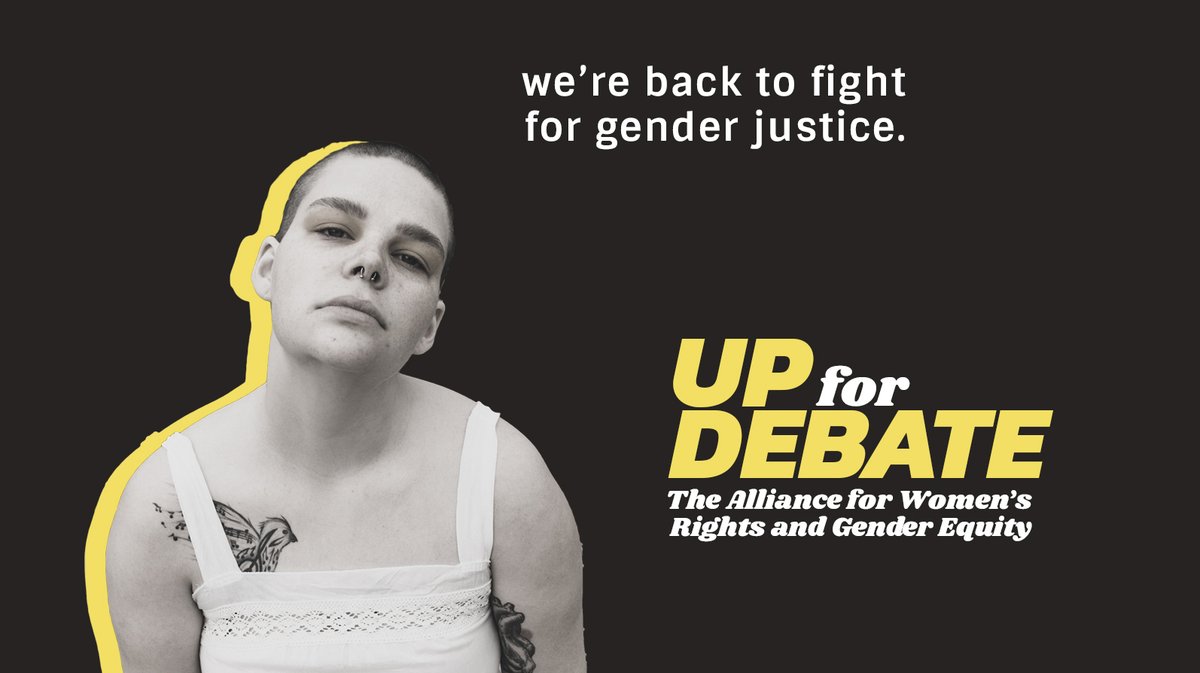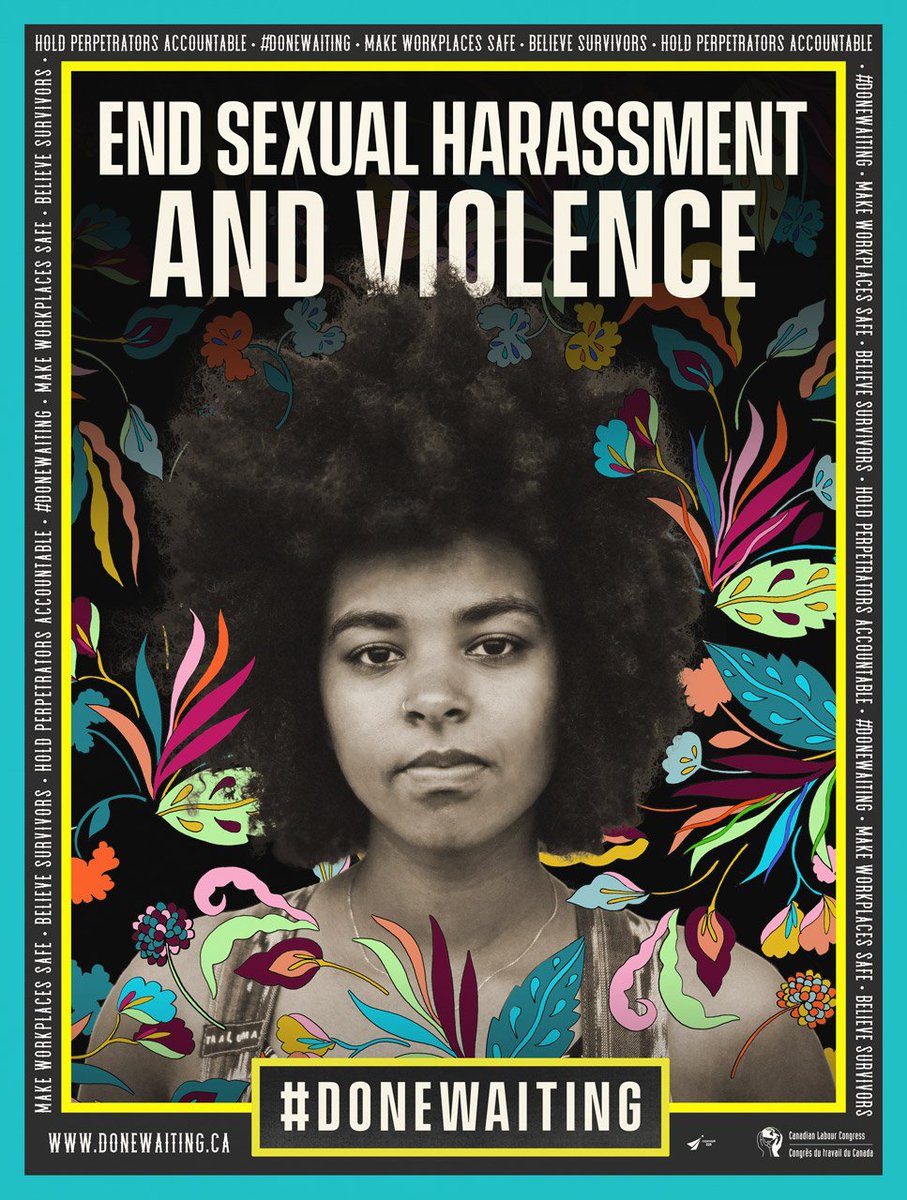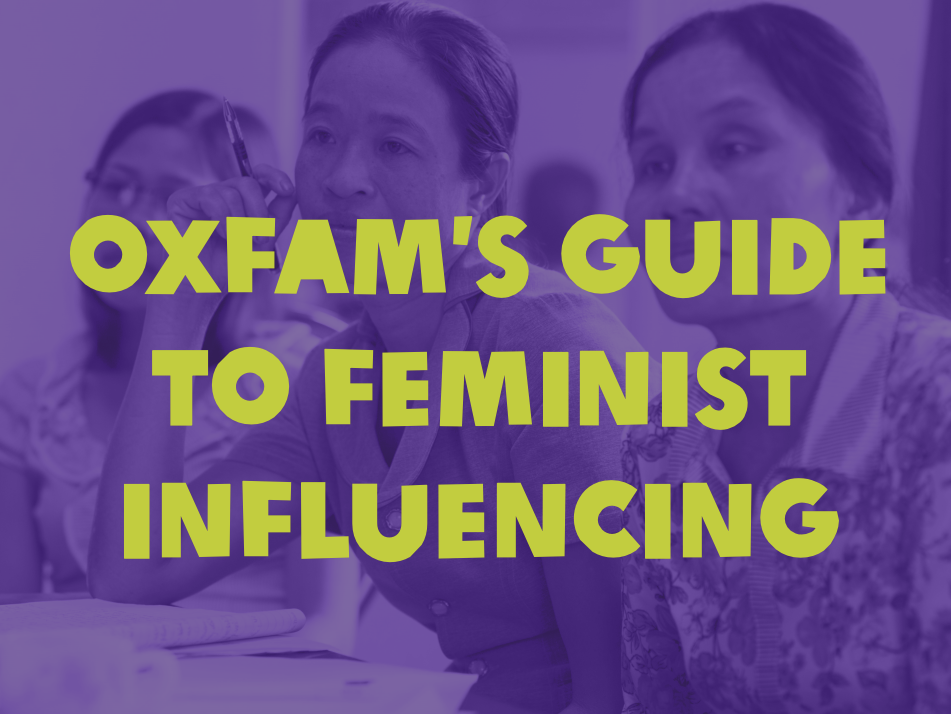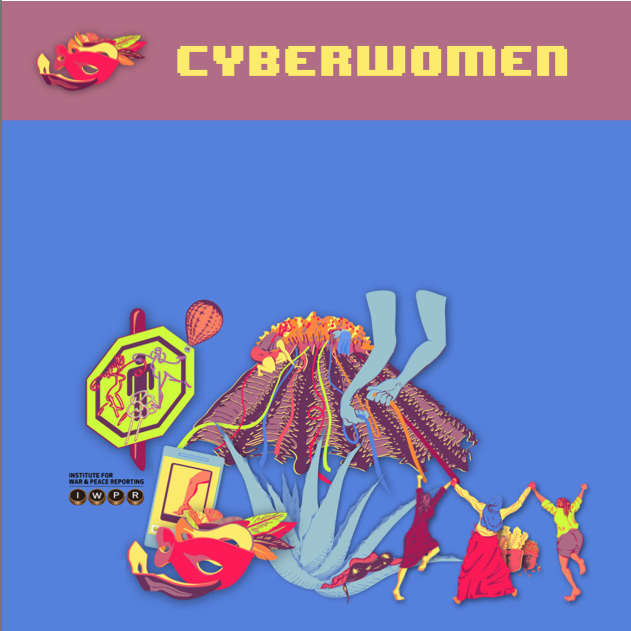Social Media & Digital Advocacy

Introduction
This module will focus on how to safely use the internet and social media to advance feminist law reform.
Social media now has a central place in most people’s lives. Because of this, it is a powerful tool to share information, create movements, connect with supporters, etc. In addition, most politicians and policy makers have social media accounts, making it easier to get in contact with them.
Digital campaigns have the potential to reach a very wide audience. Many feminist groups have found creative ways to mobilize the public through interesting and accessible campaigns. This module features examples of why the internet should not be overlooked to advance women’s equality.
On the flip side, the internet has its own set of issues that feminists have been tackling, including privacy risks and online violence. This module will discuss some of these problems and the ways feminists have sought to solve them.
Read
Hashtag feminism: Gender politics in social media
The online world provides both opportunity and obstacles to girls and women. Yet while millions of people gather online to share information and connect with each other in good faith, far too many people have abandoned their social media accounts due to overwhelming amounts of trolling, bullying and hate.
Getting it Right: UN Special Rapporteur Incorporates Citizen Lab Recommendations on Technology-Facilitated Violence, Abuse, and Harassment
Watch
Listen
Feminist Digital Futures with Marwa Azelmat
In the second episode of Feminist Digital Futures, Marwa Azelmat joins us for a conversation to share her imagination of feminist social media. Marwa touches upon the importance of the internet as a political space, why we need to enable women and marginalized communities to use technology safely, and the value of looking at locally informed approaches to platform design and governance to make social media more equitable and accessible for all.
Examples of Feminist Digital Advocacy

Law Needs Feminism Because
Check out Law Needs Feminism Because’s portrait series, which works to facilitate conversation about how to make our law schools, legal profession and justice system more accessible, diverse and inclusive.

Up for Debate 2019
During the 2019 federal election, the Up For Debate Alliance called on all federal party leaders to commit to a national televised debate to share their priorities on women’s rights and gender equality.

Done Waiting
Women in Canada are done waiting. End wage discrimination. End sexual harassment and violence. Fix the child care crisis.
Engage & Discuss
Which member of parliament, senator or government official is particularly prolific on twitter? Practice tweeting at them on a feminist law reform issue.
What are some of the limitations of digital advocacy? Do these limitations apply to all platforms? What are some of the strengths and weaknesses of different digital tools for feminist law reform?
What do you think has made the difference between successful and less successful digital advocacy campaigns?
Imagine a digital campaign for a feminist law reform issue. What would some essential elements be? What platforms would you use and why? When and how would you launch it? Who would you be trying to engage with? What are some of the security and safety issues you might encounter?
Additional Resources
.png)
A DIY Guide to Feminist Cybersecurity
You have a right to exist safely in digital spaces. Although we have to rely on outside parties for technology to access these spaces, there are tons of helpful tools and strategies that allow you to take greater control of your digital life and mitigate the risk of malicious threats. We’ll walk through common areas of digital life such as web browsing, private data, and smartphones to show you different ways that you can implement as much or little security as you’re comfortable with. You have power to set boundaries and protections in your digital spaces as you see fit: we hope that this guide will help you to make informed, personal decisions on what is right for you

Oxfam’s Guide to Feminist Influencing
This guide is for everyone working in the policy, advocacy, campaigning and influencing space; you don’t have to be a gender specialist to challenge oppression and contribute to gender equality. Staff at all levels and in any role can use this guide to make their influencing work more feminist.

Cyber Women
Cyberwomen is a digital security curriculum with a holistic and gender perspective, aimed at offering trainers with tools to provide in-person learning experiences to human rights defenders and journalists working in high-risk environments.